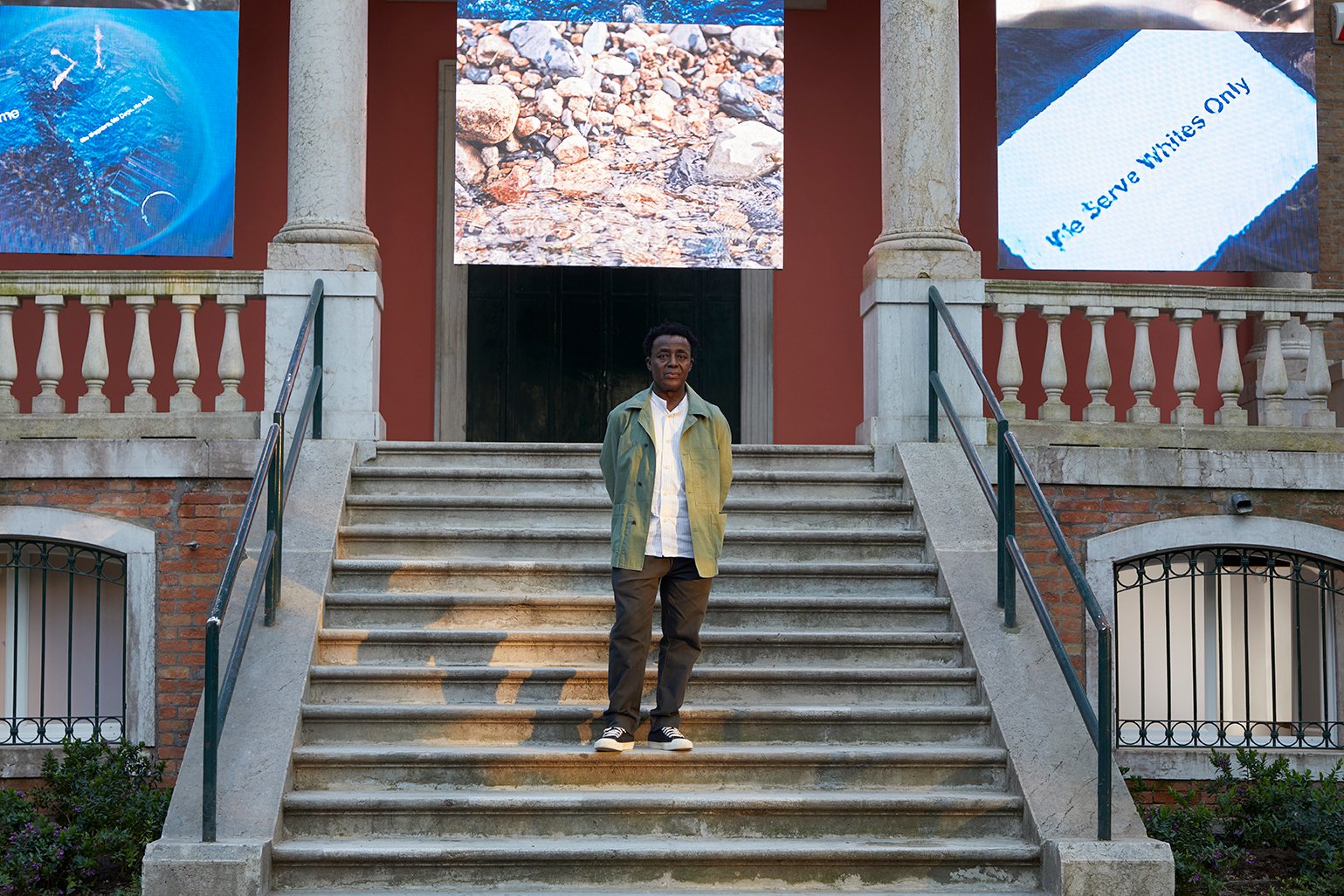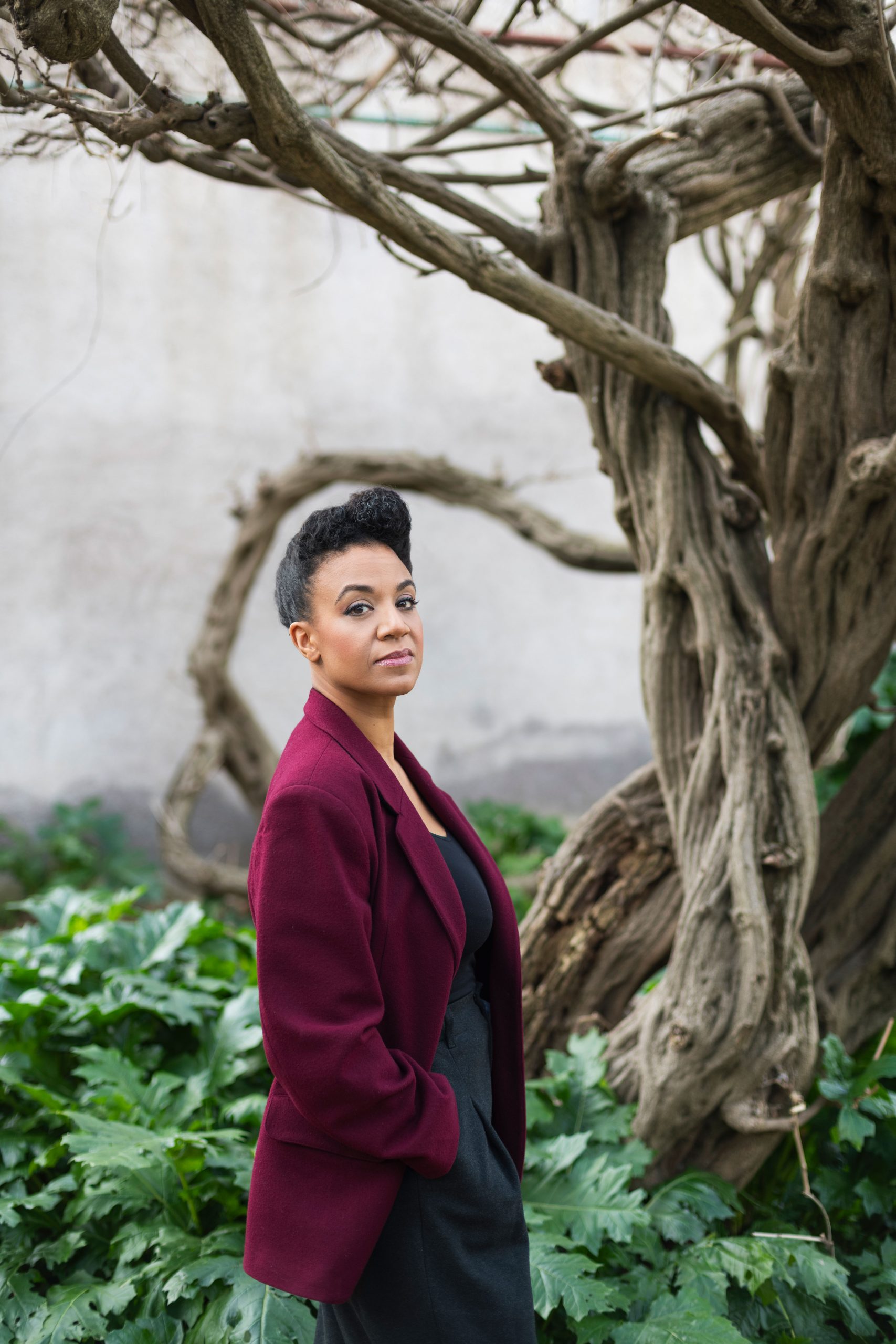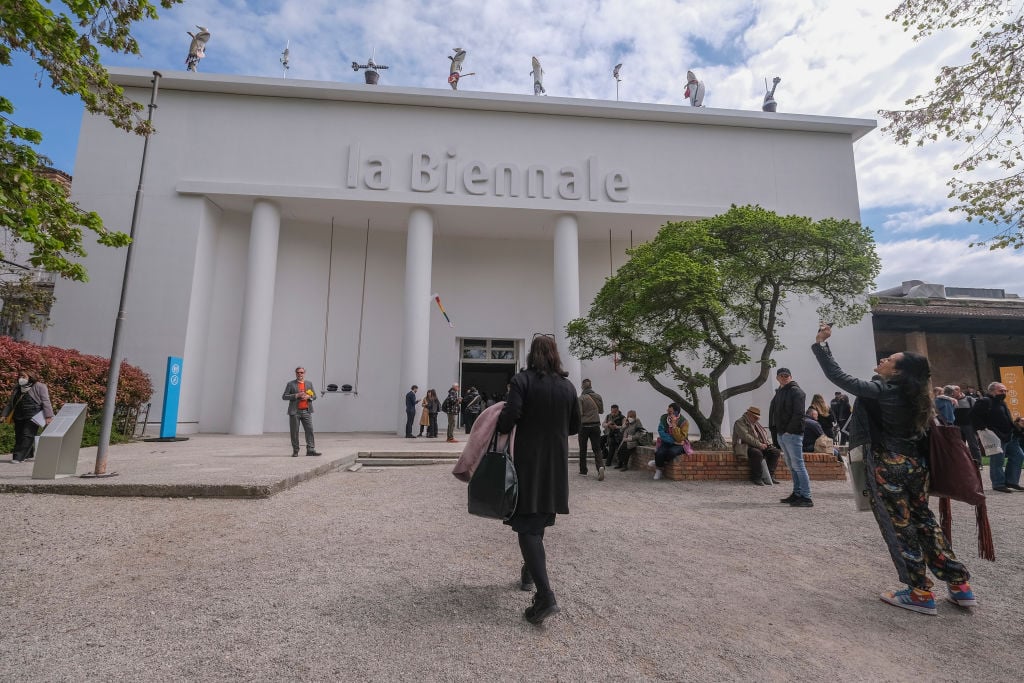With the news that the U.K. government will be progressing with their brutal 50 percent cuts to arts and design courses across higher education in England, you might ask why, in the 21st century, the year 2021, the culture sector has to keep defending its obvious value to society.
It is certainly not that the U.K. government does not understand arts and culture’s economic worth, when it adds more than £10.8 billion to the economy, and creates hundreds of thousands of jobs every year. The government acknowledged this value when it established protective measures for the sector through the Culture Recovery Fund during the pandemic. However, when workers in our sector—especially independent art workers, artists, curators, producers and academics—are barely surviving, it is clear that the government still doesn’t understand the essential role our industry plays in society.
Halving subsidies to all arts courses in higher education will save the government just over £20 million while causing long-lasting changes to the face of one of the U.K.’s most important and vibrant industries. With the ratification of these cuts, the Conservative government has made an incredibly short-sighted decision that betrays its lack of overall vision of arts and culture in our society.
To begin with, that £20 million saved is a drop in the ocean considering the GDP impact of the arts sector. Research has shown that for every 10 jobs in creative industries, a further seven are supported through supply chains.
Further, the department for education has made a decision that sets sciences and the arts at opposite poles, and fails to recognize the important interdisciplinary experimentation that has helped to inspire, progress, and innovate both industries for centuries.
Arts education is not exclusive to artists. Being arts educated means you are a critical thinker who can distil, question, challenge, and strive for change. These are transferable attributes that benefit many sectors. Challenging ideas, constructs, and the way our society works, is what makes for innovative enterprise, which is why this country can thank its art schools for nurturing some of the most recognized innovators of our time—with figures from James Dyson having studied at the Royal College of Art to Apple designer Jonathan Ive, who studied art and design at Northumbria University. By cutting funding in this way, we risk extinguishing the talent of tomorrow.
The impact of the cuts on both students and institutions across the country will be vast. On top of the financial devastation of the pandemic on specialist art schools and colleges across the country, this will see higher education provision shrink. Not only does this devalue the sector at the academic level; it creates inequality for people who are marginalized, and will have less access to high-quality arts education on their doorstep.
“Levelling up”—referring to investment in improving life beyond the capital city of London—is the key buzz word of this government, but it has failed to recognize that arts colleges and universities have been truly levelling up their hometowns and making vital contributions to placemaking and investments through sports and culture for generations. Ensuring regional hubs such as Plymouth, Southampton, or Coventry have a future post-industrial age or disinvestment has historically been a core role of their universities and arts colleges. It has changed many people’s real-life experiences in these places: both social and economic. So, if a regional university cuts its art course, it cuts its value in that place.
It seems this policy decision has been based solely on the graduate income and the repayment of student loans. But a creative career does not follow a linear path. This process of discovery and development is part of the nature of the arts, and it should not compromise our ability to maintain excellence in our arts education system. The high standard of culture in the U.K. has been taken for granted by those in leadership, and while they may sit on the boards of our national galleries and museums, these cuts demonstrate their disregard toward those who have brought the U.K.’s art sector to the world-leading position it occupies today.
To unite the sector and advocate for ourselves as an industry during the pandemic, my organization established the #ArtIsEssential campaign, supported by a newly formed Visual Arts Alliance. Our discussions have brought people together, and revealed some of the tough challenges colleagues face in managing the weight of the pandemic financially and emotionally with loss of income, community, future projects, and a lack of support. More than 4,000 people contributed to our online campaign inviting people to share visual representations of why art is essential in their lives.
Our campaign has now evolved to a vocal protest against the devaluing of the arts by our own government. The higher education arts sector is concerned that further considerable policy challenges will damage a world-class higher education system, without involving the sector itself in any discussion or democratic role in this step change to our industry.
When the education secretary Gavin Williamson first proposed to reduce subsidies for art and design students in higher education by 50 percent, we activated the network. Leaders of galleries, universities, museums, and institutions across the country from the Tate, Serpentine and BALTIC to Goldsmiths, Central Saint Martin’s, and the Slade signed an open letter decrying the move.
The Visual Arts Alliance will be challenging this decision, and there will be a rebuttal. We urge people across the U.K. to keep talking to your local representatives explaining why Art Is Essential. We need leaders across industries to continue to articulate and reinforce why the arts are so important to society, and remind those in power that culture is for everybody, and must never be taken for granted.
Paula Orrell is the director of the Contemporary Visual Arts Network, England.
Follow Artnet News on Facebook:
Want to stay ahead of the art world? Subscribe to our newsletter to get the breaking news, eye-opening interviews, and incisive critical takes that drive the conversation forward.





